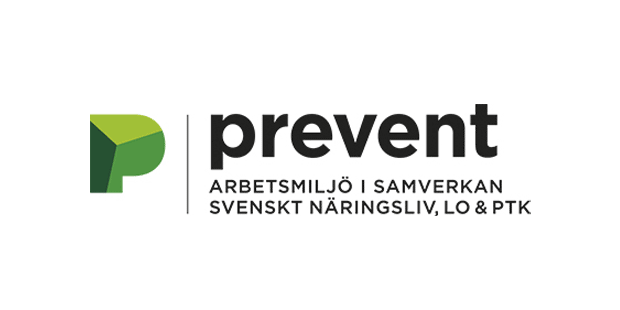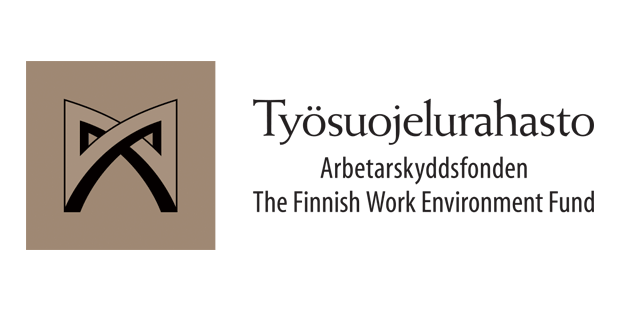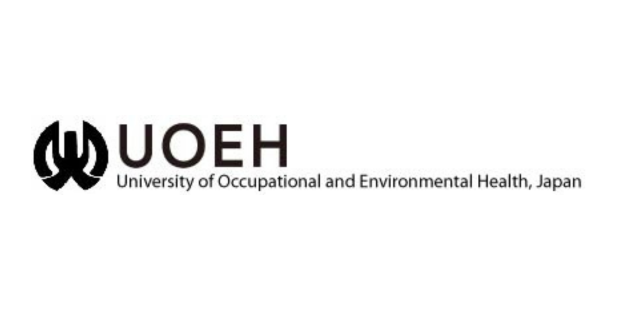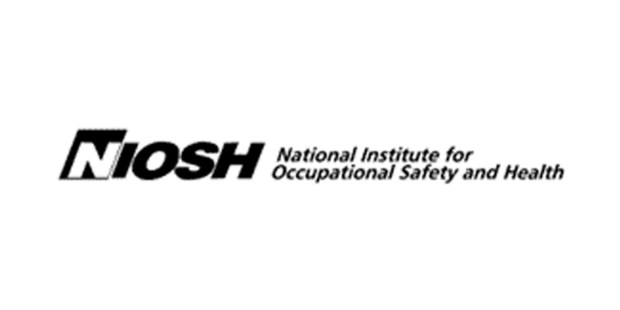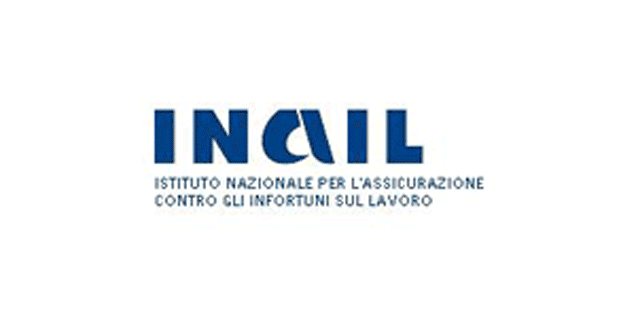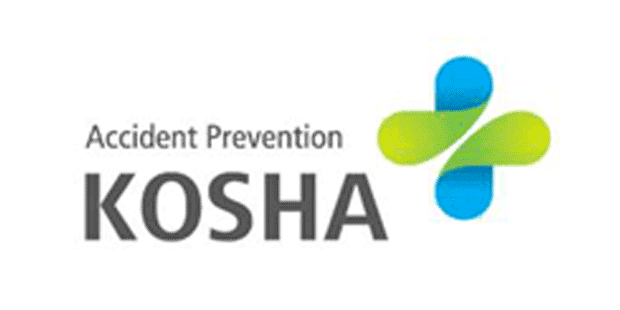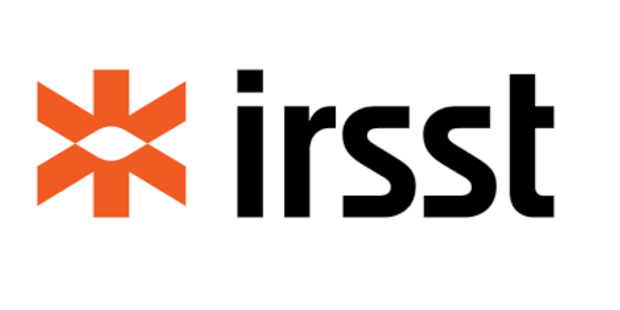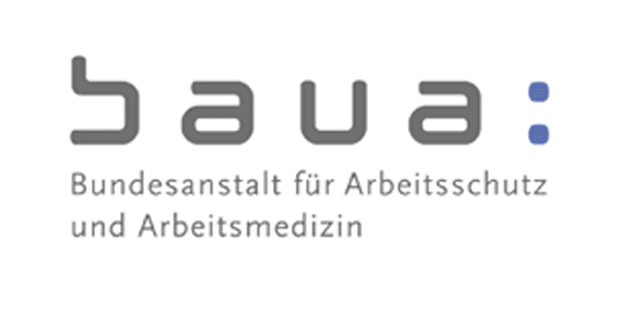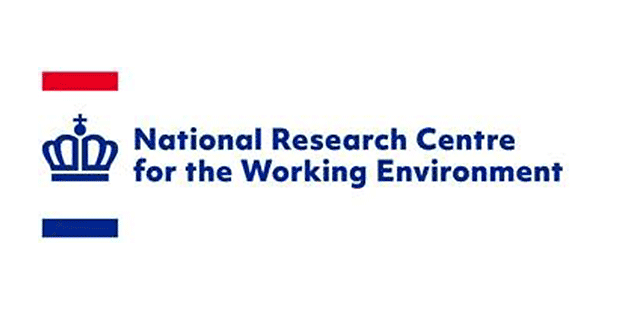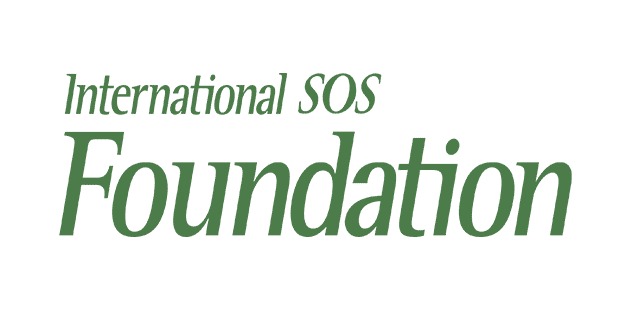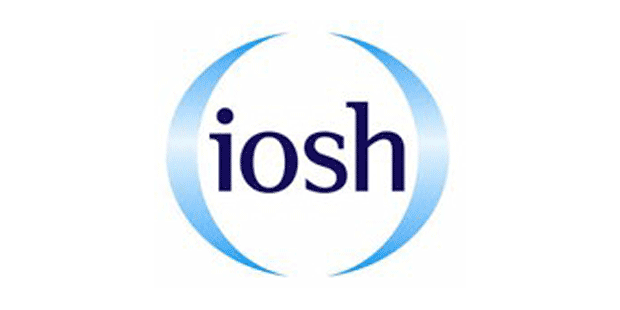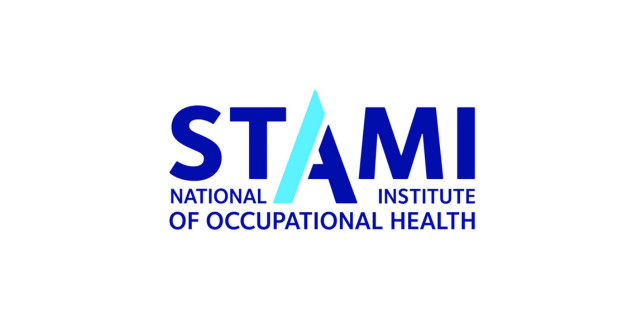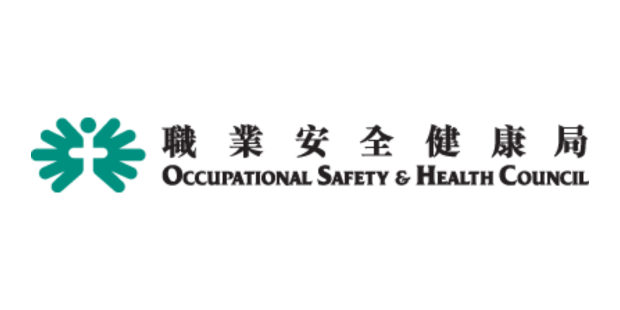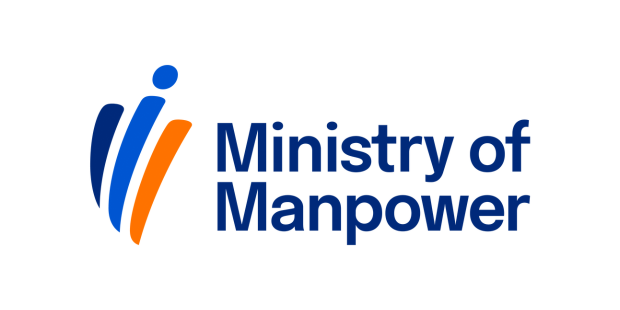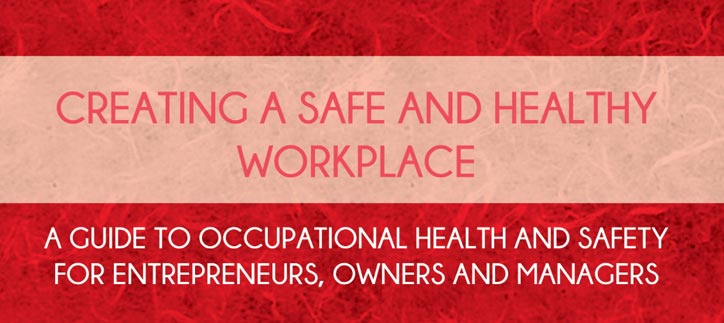Message from the President (January, 2005)
Dear ICOH Colleagues,
The year 2004 has been exceptional in many ways. Both the scientific evidence and wide media coverage have addressed the growing imbalance in the ecosystem, the climate, and even in the geochemical and geophysical structures. The greatest natural catastrophe ever experienced in the modern age started in South-East Asia just on the second Christmas Day. So far, twelve countries have reported loss of tens of thousands of human lives and severe damage to property. There is a major occupational health component in such a catastrophe both during the event and in its aftermath. Some environmental experts see certain complex relationships between the pollution, erosion of coastal structures, global warming and rising sea levels, which, if not a direct cause, may be assumed to be at least as an aggravating factor for the damage caused by the tsunamis. Not only people are suffering. The eco-imbalance is further signalled by a rapid extinction of many animal and plant species which has taken place with growing momentum during the entire 20th century and seems to continue at even higher pace in the 21st century.
But it is not only a question of ecological or geophysical imbalance. Much social imbalance is also reported between the industrialized and the developing world, between urban and rural populations, between the well-educated and illiterates, between the socially and economically privileged and those underserved. As Secretary General of the UN, Mr Kofi Annan said in his Nobel Lecture: "Today's real borders are not between nations, but between powerful and powerless, free and fettered, privileged and humiliated". Unfortunately the geophysical, ecological and the social crises hit hardest those three billion who have least protection and resources (less than 2 USD/day) and who are most vulnerable.
Some of the borders are associated with the so-called "new work life". Traditionally the workers in the developing countries do most of the high-risk jobs in the world for the lowest pays. The globalization movement has not substantially improved the health and safety situation of the workers in developing countries, but it has expanded the gulf between the two extremes, the poorest of the poor and the richest of the rich. Many social scientists see this as a potential risk of security to the whole world.
But we have recognised also totally new diversities in the modern work life. A major part of the workforce in the old and newly industrialized countries report growing psychological pressure, growing productivity demands and demands for flexibility, and they are simultaneously exposed to job insecurity, lowered salaries, unconventional and unreasonable working hours, and the risk of lay-off and unemployment as a consequence of downsizing and outsourcing. The job demands and possibilities for controlling the work by one's own actions and the effort and reward at work are often in severe imbalance for growing numbers of working people, regardless of one's position in the hierarchy or level of competence of the individual. Even we experts may tend to be biased by looking at the best examples and model solutions without seeing the complete picture. The well-established finding from most of the recent wide-scale surveys on conditions of work is that occupational health is needed more than ever and not least in the modern work life.
There are early signals showing that the one-sided drift of the unregulated market economy will not be sustainable in the long run. As one of my economist friends used to say "If the neoliberalistic market economy works exclusively and faithfully according to the market rules, it does not work". With that he means that additional dimensions from social, environmental and cultural spheres are needed even for the sake of the economy.
Occupational health and safety efforts are ways to reconcile between the one-sided economic dimensions and the broader human-oriented dimensions in work life. OH&S have the strength of being besides science- and theory-based, also strong in the everyday practices. Properly implemented OH&S can, by preventing hazards at work and by improving the health, safety and work ability of people, provide a unique opportunity not only to improve health and well-being but also to strengthen social and human dimension, and thereby improve productivity and economic sustainability. Although OH&S have a value and justification on their own, we are surprised to see how many "positive side-effects" we are able to generate. This is an important message for those who are not acting on the basis of broader human values or who "don't believe before they see".
Research constitutes the foundation for the influence and impact of OH&S – not just any kind of research, but that of high quality and high relevance. Quality is needed for soundness and truthfulness of the results, and relevance for achieving a practical and social impact. Our activities are always guided by values, whether or not we are aware of it. Soundness is ensured by the values of the scientific community and scientific ethics, the social impact by our social values guiding us to make a positive social impact by eliminating risks and thus equalising the conditions of work. This is a big mission for the whole OH&S community, and not least for ICOH, as some of the opposite trends are beginning to prevail. On the other hand, it is the heart of the whole ICOH philosophy from which we draw our motivation and enthusiasm.
Within a month the ICOH Board, Scientific Committees and other bodies are going to convene for the Mid-Term Meeting in Helsinki to make an inventory of what has been achieved since March 2003 after the Iguassu Congress. Six distinct priorities were set for the present triennium:
- Structuring ICOH as an organization
- Making alliances with ILO and WHO to launch Global Actions on Basic Occupational Health Services
- Increasing the membership and providing more added value to the Members. More young members will be recruited.
- Carrying out effective internal and external information activities
- Preparing for centennial events
- Supporting, facilitating and coordinating the activities of the Scientific Committees.
In all the above points important steps have been taken and several scientific and practical results are already seen. Besides the defined objectives, numerous other results can be recorded. Many of the outputs have been immediately reported to the Membership in the news or articles of this Newsletter.
Much has been done, but even more is needed in the globalising work life. We need to strengthen ICOH structures further and increase the membership, we need to focus our activities, we need to further strengthen our alliances which have been so well developed, and we need to disseminate and advocate more on the importance of OH&S at all levels – global, national and local.
At the time of the Mid-term Meeting it has been a tradition to initiate preparations for the elections for the next triennium (2006–2009). Some of the present Board members have served the full two tenures, and new members need to be elected. Also the mandates of Officers need to be filled or, if you so decide, the eligible ones to be renewed. It is good to start the preparations in time and to avoid last minute choices. I sincerely hope that, if you start running your candidacy for the position of Officer, Board member or Scientific Committee officer, make sure that you are really dedicated to make an input to ICOH and that you have real possibilities to do so. An active and dynamic organization cannot be run by so-called "nominal officers". In return you can expect to be a part of the largest and hopefully most dynamic international expert activity in occupational health.
At the end of the busy and interesting, partly dramatic year 2004, may I thank all the ICOH Officers, Board Members and Scientific Committee Leaderships and Members, as well as the Members of numerous Task Groups and Working Groups and Networks, and also the whole membership of ICOH for the most productive activity in 2004. I wish you a Happy and Successful New Year 2005.
We as ICOH want to take part in the sorrow and grief of the people who lost their beloved ones in the South-East Asia catastrophe and commit our solidarity and support to them all.
Jorma Rantanen
President of ICOH


